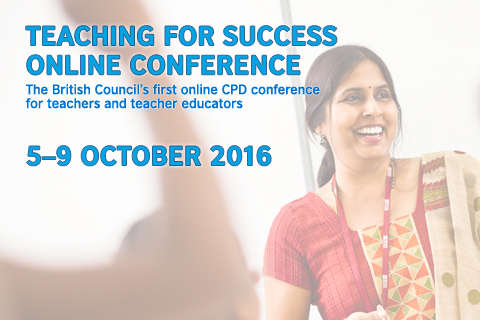
About the webinar
Teachers are sometimes new to the experience of online learning and collaboration. Social constructivism is only possible if the online learner contributes to collaborative tasks, such as forums and wikis, and all course participants share this responsibility. This can be problematic when participants’ expectations of online participation are different, or if they have no previous training experience with an element of self-evaluation.
This session is premised on the belief that reflection and metacognition are essential ingredients for a successful online course and is based on action research on the British Council Moderator Portfolio. It will look at ways in which e-moderators can gradually train course participants to participate more actively in forum discussions, writing longer and better quality posts and fostering a sense of ownership of the learning process.
Firstly, we will revise the concepts of scaffolding and higher order thinking and examine their relevance in online teacher training. We will then look at some problems e-moderators may encounter such as the ‘1,2,3 finished!’ post, the ‘scratch the surface’ post or the ‘wandering’ post and look at practical strategies to tackle these. It will then explore ways in which participants can self-assess their progress and participation through online tools such as Google Forms so course participants can take stock of their learning with a view to improving future performance. Finally, we will discuss ideas for online learners to ‘take the lead’ in discussions in order to nurture their sense of self-worth in the online community.
The session will end with some suggestions for further research in both f-2-f and online teacher training contexts.
About the speaker
Nelson is a teacher, teacher trainer and e-moderator based in Valencia, Spain. I have been teaching adults and young learners for nearly 20 years. I have an MA in Applied Linguistics and DELTA and I am a tutor on Trinity College teacher training courses (DipTESOL, CertTESOL and TYLEC) as well as an e-moderator on British Council TeachingEnglish online courses.